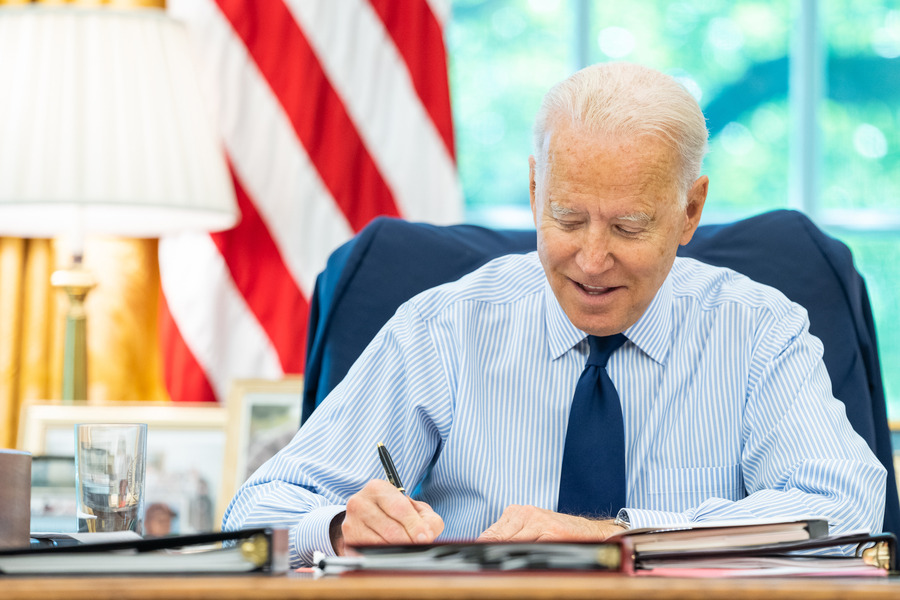Mohammed Transferred to Algeria
Today the Department of Defense announced that Farhi Saeed bin Mohammed, a Guantanamo detainee, was transferred back to his native Algeria. According to the DoD press release, the United States "coordinated with the Government of Algeria to ensure the transfer took place under appropriate security and humane treatment measures."
This is no small event.
Published by The Lawfare Institute
in Cooperation With

Today the Department of Defense announced that Farhi Saeed bin Mohammed, a Guantanamo detainee, was transferred back to his native Algeria. According to the DoD press release, the United States "coordinated with the Government of Algeria to ensure the transfer took place under appropriate security and humane treatment measures."
This is no small event. Mohammed has been involved in several cases relating both to the merits of his detention, which resulted at the district-court level in a 2009 decision by Judge Gladys Kessler to grant the writ, and also to the legality of his transfer from Guantanamo. Mohammed protested any effort by the United States to transfer him to his native Algeria, where he feared ill treatment by the Algerian government and non-state actors. He petitioned the district court for a preliminary injunction regarding the transfer. Judge Kessler granted that injunction, but the D.C. Circuit later reversed it in July of 2010 in an expedited summary proceeding.
Mohammed immediately asked the Supreme Court for a stay of the D.C. Circuit's decision. His request, if granted, would have barred his transfer pending the outcome of a cert. petition he intended to file with the Supreme Court. The Supreme Court denied the request, although Justice Ginsburg, joined by Justice Breyer and Justice Sotomayor, notably dissented from the denial:
I would grant the stay to afford the Court time to consider, in the ordinary course, important questions raised in this case and not resolved in Munaf v. Geren, 553 U. S. 674 (2008).Mohammed then presented his petition for certiorari on the transfer issue to the Supreme Court in November of 2010. The government's response to the petition is due on February 4, 2011. David Remes, counsel for Mohammed in his Supreme Court case, offered us the following statement:
This was a stealth transfer. The government shipped Mr. Mohammed back to Algeria against his will--the second involuntary transfer of an Algerian in the past six months--giving us no advance notice and therefore no chance to resist. The government may also intend Mohammed's transfer to moot his petition for review in the Supreme Court, in which he challenged the government's right to make exactly this kind of involuntary transfer, that is, a transfer where the detainee fears he will be tortured or abused if he is returned. The government has used this tactic to avoid judicial review of its actions in other cases involving military detention of war-on-terror captives--Padilla, Al-Mar'i, and Abu Ali are examples. From Mr. Mohammed's case, it's apparent the government wants to avoid public scrutiny too.
Larkin Reynolds is an associate at a D.C. law firm and was a legal fellow at Brookings from 2010 to 2011. Larkin holds a J.D. from Harvard Law School, where she served as a founding editor of the Harvard National Security Journal and interned with the Senate Judiciary Committee, the Navy Judge Advocate General’s Corps, and the National Security Division of the Department of Justice. She also has a B.A. in international relations from New York University.




